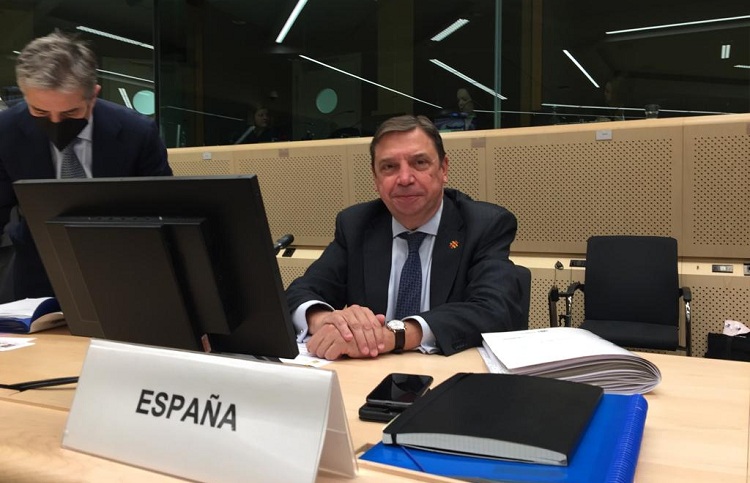The Diplomat
The Council of Ministers of Agriculture and Fisheries of the European Union yesterday approved the provisional application of the new sustainable fisheries agreement between the European Union and Mauritania, which will ensure the continuity of the Spanish fleet in the fishing grounds of this country.
The Minister of Agriculture, Fisheries and Food, Luis Planas, who participated yesterday in Brussels in the EU Council, valued “very positively” the provisional application of the agreement, which will avoid the interruption of the activity of the fleet in the fishing grounds and will especially favor the fishermen of Andalusia, Galicia, Canary Islands and the Basque Country, as reported by the Ministry in a press release.
The European Commission successfully concluded last July 27th the negotiations of a new sustainable fisheries agreement with Mauritania, which is provisionally applied since yesterday, coinciding with the expiration date of the previous agreement. The new protocol, which will last for five years, maintains the fishing possibilities and the EU’s financial contribution, which is currently 62 million euros for the first two years. The agreement with Mauritania is the most important between the EU and a third country in fisheries matters.
On the other hand Luis Planas moved in Brussels his concern about the difficult situation that certain agricultural sectors in Spain are going through due to the increase in production costs, especially animal feed, energy and fertilizers in international markets. This is a generalized situation in the whole of the European Union and highlighted by all the ministers, who transferred to the European Commission the need for coordinated measures to be adopted at Community level to help alleviate the situation of the sectors most affected by production costs.
Planas also expressed the need to provide support for farmers affected by the eruption of the Cumbre Vieja volcano on the island of La Palma, which has caused losses in banana plantations, vineyards, avocado, citrus and livestock farms, as well as in housing, facilities and pasture land. A large majority of Member States showed their solidarity with the farmers and stockbreeders of La Palma and supported the implementation of the necessary flexibility measures.






